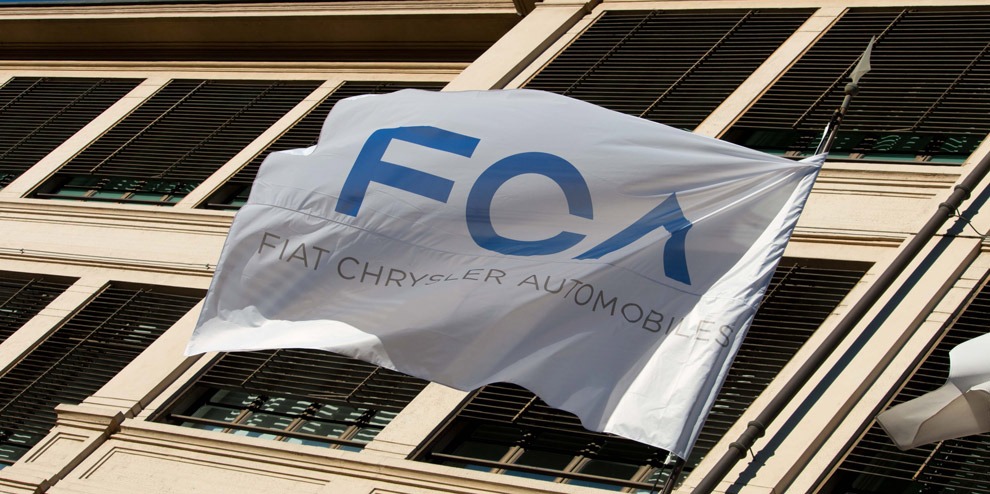FCA’s €6.3 billion loan approved
25 June 2020

25 June 2020
A €6.3 billion loan to Fiat Chrysler Automobiles (FCA) has been approved in Italy. The announcement follows an endorsement from the country’s audit court. The state guaranteed credit to the carmaker’s Italian unit is the largest crisis loan to a European carmaker.
Economy Minister Roberto Gualtieri said that by providing state support, Rome ′aims to preserve and strengthen the Italian automotive supply chain.’
FCA signed the three-year credit facility with Italy’s largest banking group, Intesa Sanpaolo. The bank had already authorised the loan pending approval of guarantees that the government will provide 80% of the sum through Italy’s export credit agency, SACE.
Integral Italian industry
Funds will be dedicated exclusively to FCA’s activities in Italy, and will further support more than 10,000 small and medium enterprises that make up the Italian automotive sector. The industry accounts for roughly 6.2% of Italian GDP and some 7% of all manufacturing sector employment.
′Faced with an unprecedented crisis, this is an example of Italy coming together to safeguard a vital industrial ecosystem, said Pietro Gorlier, FCA’s chief operating officer for the EMEA region. ′The combined strengths of government, our nation’s largest bank and Fiat Chrysler Automobiles have been put to work to ensure the Italian automotive system as a whole can continue to play its role in the restart of Italy’s economy.’
He went on to confirm that, ′100% of the money this facility provides will be directed to our Italian business and so to the thousands of companies and hundreds of thousands of workers who depend on the successful relaunch of our entire sector as we continue a transformative shift to a new electric and hybrid-powered future.’
Europe’s COVID-19 frontline
The new credit facility will form part of the carmaker’s broader plan to safely restart its Italian operations. This follows a devastating start to 2020, where rapid measures were taken to defend against the coronavirus (COVID-19) pandemic. This meant the total suspension of industrial and commercial activities for the automotive sector.
As Europe’s COVID-19 frontline, Italy’s already weak market experienced an enormous impact early on. As the country defended itself against the outbreak, manufacturing sites closed, supply chains ground to a halt and dealerships emptied. In March, Italy reported a market contraction of 85%, according to the European Automobile Manufacturers Association.
At that time, Autovista Group’s senior data journalist Neil King predicted this disruption would be felt acutely by FCA as the country’s resident automotive manufacturer. In the month, FCA’s year-on-year passenger-car registrations were down 77% in the EU, the biggest decline among the major carmakers. In April, FCA again suffered the greatest loss in demand, registering 88% fewer cars in the EU as Italy’s year-on-year registrations fell by 97.6%.
Now, as lockdown restrictions are lifting and FCA looks to begin its recovery, the carmaker will need to make the most of this credit to get back on track.
Merger in mind
However, the state support has caused some controversy, as FCA is looking to merge with PSA Group. If successful, the paring will become the world’s fourth-largest automotive company based on 2019 volumes.
As reported by Reuters, Gualtieri said the Italian carmaker would need to meet commitments on investments and jobs. But he did decline to expand on whether the Treasury had imposed conditions affecting FCA’s planned €5.5 billion extraordinary dividend, a key element of the merger.
The plans are now also under investigation by the European Commission, which is concerned the transaction may reduce competition for light commercial vehicles in the European Economic Area and the UK.